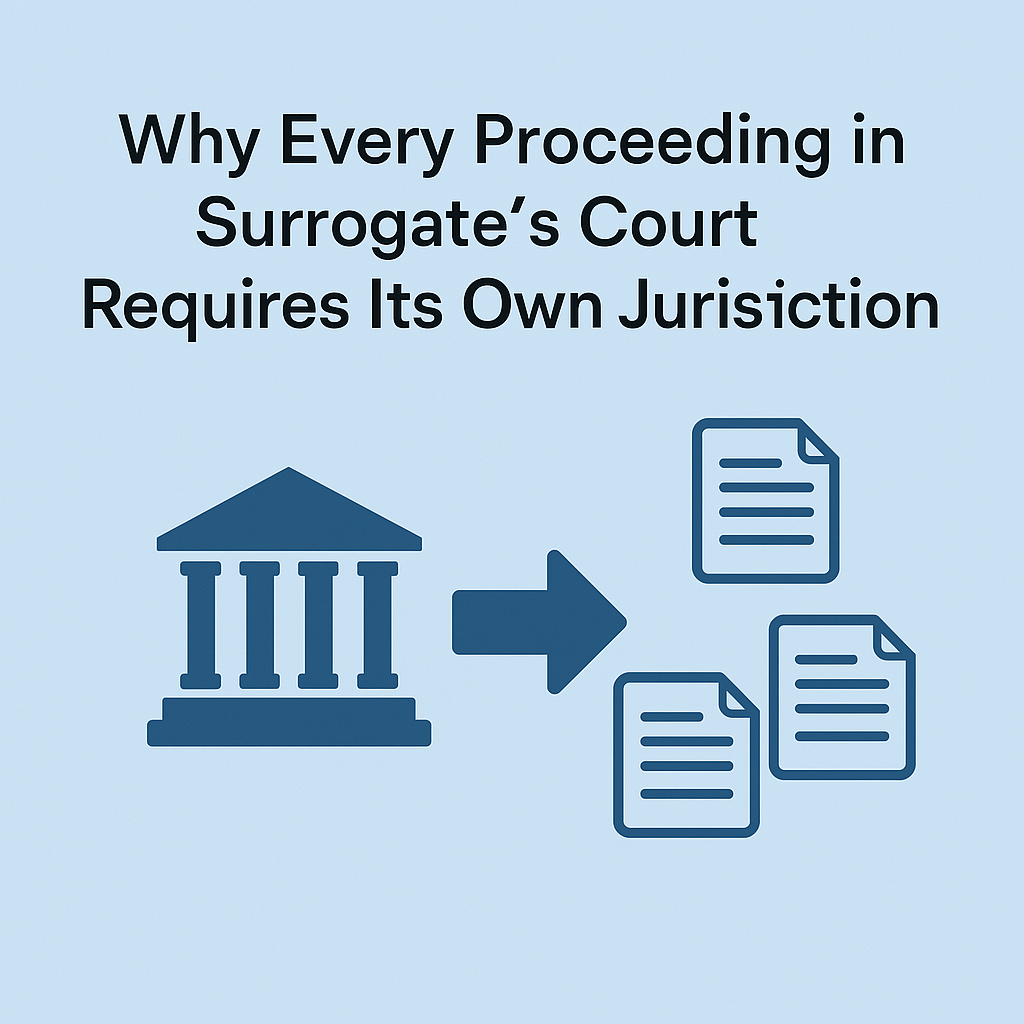A federal judge has temporarily blocked DOGE’s access to Treasury payment systems, citing privacy risks and potential security breaches. The ruling, issued by Judge Paul A. Engelmayer of the Southern District of New York, comes in response to a lawsuit from 19 state Attorneys General, who argue that the policy violates federal law and endangers taxpayer data.
DOGE, or the Department of Government Efficiency, was established by President Donald Trump to streamline federal operations. However, critics argue that it has been granted unprecedented access to government data without proper oversight.[1]
Here is an annotated copy of the Order:
Background: How Did We Get Here?
The lawsuit, brought by New York, California, Massachusetts, and 16 other states, challenges a new Treasury Department policy that expands access to sensitive government payment systems.[2] The policy, ordered by President Donald Trump and Treasury Secretary Scott Bessent, would allow political appointees and special government employees to access the Bureau of Fiscal Services' (BFS) payment infrastructure.
State officials argue that this violates federal law in several ways:
- The Administrative Procedure Act (APA): The Treasury Department allegedly overstepped its authority under the Administrative Procedure Act (APA), 5 U.S.C. §§ 551 et seq..
- The Separation of Powers Doctrine: Congress did not authorize these changes.
- The Take Care Clause of the U.S. Constitution: The executive branch must enforce laws, not bypass them.
This is the strongest legal challenge yet to DOGE’s expanding authority.[3]
The Court’s Findings: A Threat to Privacy & Security
Judge Engelmayer issued a Temporary Restraining Order (TRO) based on the plaintiffs’ filings, finding an urgent need for relief. The government has been ordered to file its opposition by 5 p.m. on February 11, 2025, ahead of the February 14, 2025, hearing. His decision rested on three key findings:
- Irreparable Harm:
- The policy risks exposing taxpayer data to unauthorized users.
- It increases the vulnerability of Treasury systems to hacking.
- Likelihood of Success:
- The court found that the states demonstrated a likelihood of success on the merits, including their statutory claims under the APA.
- Balance of Equities:
- Blocking the policy prevents potential data breaches while causing no harm to lawful Treasury operations.
Key Court Orders
The court has immediately prohibited the Treasury Department from:
- Granting access to BFS payment systems to political appointees, special government employees, or any personnel detailed from outside Treasury.
- Providing access to any data containing personally identifiable information.
- Retaining or using any data accessed since January 20, 2025—all copies must be destroyed.
The next step is a hearing before Judge Jeannette A. Vargas on February 14, 2025, where the government must justify DOGE’s role in Treasury operations.
What This Means for DOGE’s Future
This restraining order is a major setback for DOGE and raises serious questions about transparency and oversight:
- Why was DOGE given access to taxpayer financial records in the first place?
- Is there proper oversight for Musk’s role in government data operations?
- Will the courts issue a permanent injunction?
This case could determine the limits of DOGE’s power—and whether Musk’s agency can continue to operate with such sweeping authority.
Final Thoughts: What Do You Think?
- Should DOGE have access to Treasury data?
- Does this ruling go far enough--or too far?
- Is this a crucial check on executive power, or an overreach by the courts?
Let me know in the comments.
Corrections (2/9/2025): (1) An earlier version of this post incorrectly listed the states involved in the lawsuit. The correct list of states is now reflected in the footnote. (2) An earlier version of this post incorrectly stated that the court reviewed legal filings from both sides before issuing the TRO. In fact, the TRO was based only on the plaintiffs' filings, and the government has been ordered to file its opposition by February 11, 2025.
Further Reading
For more detailed coverage, see:
- Reuters: Nate Raymond, U.S. judge temporarily blocks Musk's DOGE from accessing payment systems, Feb. 8, 2025 (Apple News link).
- WTE Outline: Department of Government Efficiency (DOGE)
For more on DOGE’s origins and its broader implications, see Unprecedented Access: Legal Challenges Arise Over Elon Musk's DOGE and Taxpayer Data and DOGE Spelled Backward: Is "Elon God" a Coincidence or a Warning? ↩︎
The 19 states that filed the lawsuit are Arizona, California, Colorado, Connecticut, Delaware, Hawaii, Illinois, Maine, Maryland, Massachusetts, Minnesota, Nevada, New Jersey, New York, North Carolina, Oregon, Rhode Island, Vermont, and Wisconsin, ↩︎
Previously, the American Federation of Government Employees (AFGE) and other unions filed a lawsuit seeking to block DOGE's access to the Treasury Department's payment systems, citing privacy concerns. A federal judge declined to fully block this access but limited it to "read-only" for two DOGE-affiliated individuals. Source: Reuters. ↩︎
- Privacy
- Arizona
- California
- Colorado
- Connecticut
- Delaware
- DOGE
- Elon Musk
- Hawaii
- Illinois
- Maine
- Maryland
- Massachusetts
- Minnesota
- Nevada
- New Jersey
- New York
- North Carolina
- Oregon
- Rhode Island
- Taxpayer Rights
- Temporary Restraining Order (TRO)
- Vermont
- Wisconsin
Hani Sarji
New York lawyer who cares about people, is fascinated by technology, and is writing his next book, Estate of Confusion: New York.







Leave a Comment